There are a few different answers to the question, “What time do stocks start trading?”, and this is because there are different stock markets that open up at different times throughout the world.
Here’s what we’re going to look at:
- What time do stocks start trading and the Advantages of Staggered Trading Times
- How Stock Market Trading Times Matter
- Common Related Questions
- What is extended hour trading?
- What is premarket trading?
- What time does after hours trading start?
- When does stock trading happen on a weekend?
- What is the loan for trading stocks?
- How does a stock market work?
- When does NYSE start trading?
- Should I buy stock before the market opens?
- When does NASDAQ open up for trading?
- Final Thoughts: Beware of The Noise When Trading
The New York Stock Exchange (NYSE) opens at 9:30am EST and the Nasdaq Stock Market (Nasdaq) opens at 9:30am as well.
The Toronto Stock Exchange (TSX) in Canada opens at 9:30am EST too.
The London Stock Exchange (LSE) opens up at 8 am local time.
Euronext NV (ENX) is a merged stock exchange made up of the Paris, Amsterdam, Lisbon and Brussels stock exchange and it opens up at 9:00am GMT.
The SIX Swiss Exchange (SMI) is the Swiss stock market and opens up at 9:00am local time.
The Shanghai Stock Exchange (SSE) and the Shenzhen Stock Exchange (SZSE) – the two stock markets in China. Both open up at 9:30am local time.
The Tokyo Stock Exchange (TSE/TYO) starts trading at 9:00 am local time.
The Hong Kong Stock Exchange (HKEX) opens up at 9:30 am local time (like so many of the other exchanges).
The Frankfurt Stock Exchange in Germany (DAX) opens at 9:00 am local time.
The Korean Stock Exchange (KRX) opens at 9:00 am local time.
The Australian Securities Exchange (ASX) opens at 10:00 am local time.
What time do stocks start trading and the Advantages of Staggered Trading Times
Each country has it’s own stock exchange and opening times may differ but this is the majority of them and when they open.
So if you wanted, you could trade around the clock.
As the world economy is so intertwined, traders in one market often see how each market will affect the other.
For example, how the trading day went in the USA will often determine the direction stocks take in the other markets when they open.
And occasionally other world wide markets can react to after-hours news that happens when the US stock markets are closed. So if you have trading accounts in different countries you might be able to trade on news that comes when the US markets are closed. This is the true gold to knowing what time do stocks start trading across the world.
You also have the opportunity to trade different pre-market and after-hours trading sessions for most stock exchanges. (You can see more information on this here.)
Things are a lot different now. Especially after all the stock markets crashed in 2008 and we saw how interconnected the world economy really was.
Before then, each market largely moved on news that was specific to the country it represented. But since 2008 markets tend to react to a lot of the news coming out of the USA.
And that is why a lot traders watch the US markets very closely and listen to the latest headlines.
There is often a trade that can be made when news breaks in the USA and you can trade in a different country.
An example would be during the Trump election when stocks reacted violently in the USA.
And it happened when the after hours trading session was over.
So there was no opportunity at all to get the trade in.
But people who had accounts in different countries were able to react to the news during their regular trading day.
How Stock Market Trading Times Matter
The importance of when certain stock markets open and close really depends on the trading strategy that you use.
If you’re a day trader or scalper, opening and closing times of the stock market are absolutely crucial. You need to be ready to trade immediately when the market opens. And you need to make sure you close all of your positions right before the trading day closes.
But if you’re swing trading, the open and close times don’t matter quite as much.
And if you’re looking to trade long-term huge macro moves, the open and close times are even less important.
So there’s literally a market that you can trade each and every moment of the day. And with both pre-market and after hours trading, you’ve got a lot of time where you can trade.
But with all the time that is available to trade, beginners think they have to be trading all the time. Or that they need to have at least one trade going at any given point during the trading day.
Common Related Questions
What is extended hour trading?
Extended hour trading simply refers to the act of buying or selling stocks during intermediate hours. Intermediate hours refer to 30 minutes prior to market open, 30 minutes after market close, weekends, and holidays.
It also refers to trading after the traditional market hours of 9:30 A.M.-4 P.M., or has been dubbed as “Extended Range Trading” because stocks trade on a 24-hour basis, including weekends and holidays
In this type of stock market transaction, investors can purchase and sell securities at any time during a particular day irrespective of the point at which the standard markets close for that day. In order for extended hours to be available on a given exchange, that exchange must have five or more Continuous Market Makers making fair quotes within the relevant security’s official offer price levels 15 minutes beyond where its.
What is premarket trading?
Premarket trading is the hours before regular markets are open. It is not regulated by the SEC, however, there are regulations put in place by individual jurisdictions to make things safer for consumers.
What time does after hours trading start?
Most markets stop trading at 4pm EST whereas foreign markets may stop at 1am EST or 3am EST in their respective time zones. The European Union’s day starts early in the morning and ends late at night! Stocks typically trade an average of 9% higher during after hours periods than they do throughout regular trading hours, so it is common for traders to move money out of stocks when the market closes before moving back into stocks using after-hours trades if they think that there will be any significant corresponding moves post-market close.
When does stock trading happen on a weekend?
Although stock markets are still open on a Saturday – including new stock – transactions can be limited. The exchanges that trade stocks and bonds, such as the New York Stock Exchange, Nasdaq or London’s FTSE Index.
The exchanges had been allowed to call off trading for any reason on those days since the Securities Exchange Act of 1934 was enacted. But in 2011 Congress amended the bill to prevent abrupt market closures due to “emergency conditions.” Now you cannot trade an hour before the close of trading if it is a Black Monday crash-type day until after three hours have passed from normal time at that point. This means traders have two more hours starting at 4pm EST trading available on Friday evenings.
What is the loan for trading stocks?
The loan for trading stocks is a type of short term loan that’s used to finance the purchase of a stock.
Say you have an emergency expense and need $1,000 today. If you don’t have it in your savings, then just about the only option left is to take out a loan from a bank or other lending institution. In order for this loan to be taken out quickly, most banks will usually require collateral such as real estate property or car title before granting approval. A time frame of approval could be anything from days to months depending on your credit score and the amount requested (three weeks is pretty standard).
How does a stock market work?
When you buy a stock, you’re getting a piece of ownership in that company. In other words, when you own 100 stocks in Alphabet Inc., then your investment is worth about 1% of the company – and your 1% translates into profit from its profit or loss. As long as the business continues to grow, then these stocks will generally be fine for a profitable return. But there’s no guarantee it will always be successful considering how many ways a business can fail…
The stock market works by people agreeing to buy or sell shares in different types of companies at certain prices, depending on what someone is willing to pay for them based on their chances of success and risk factors involved with the investment.
When does NYSE start trading?
The New York Stock Exchange, also known as the Big Board, is the largest stock exchange in the United States. This nationwide all-electronic facility was founded on April 23rd 1817 by 24 stockbrokers under a buttonwood tree on Wall Street in NYC.
This network of various devices allows brokers and traders to trade stocks and other securities such as options and bonds. The trading day begins at 9:30 am Eastern Standard Time (14:30 UTC), when an electronic auction is held simultaneously with many U.S., European, and Asian markets.
Should I buy stock before the market opens?
No. There is a lot less liquidity to the market, transactional costs are higher and the fill prices aren’t as good.
So for most people it’s a bad idea.
Stocks can trade at different prices after-hours – the information about the price is not made public until it’s next day.
A lack of transparency, increased risks for short term trades, less liquidity are among the downsides to trading after hours. For investors looking to buy or sell stocks there are advantages that come into play during market hours when more brokers are fielding orders and making markets in shares; these include greater pricing efficiency and wider bid/ask spreads. Greater transparency is also an advantage over after hours trades because investors want their buying power out before time runs out, which means they need prompt recognition of what they’re actually purchasing (a higher haste haste would clearly improve this).
When does NASDAQ open up for trading?
NASDAQ is the National Association of Securities Dealers Automated Quotations, an American stock exchange. NASDAQ isn’t open all year – it opens for trading at 9am ET on Monday, Wednesday and Friday except holidays or Saturdays, when it opens at 9am ET the following day. The NASDAQ website provides a list of upcoming holiday closures.
Makers are market makers registered with the National Association of Securities Dealers (NASD), which means they’re obligated to maintain an electronic price quotation for every publicly traded security that trades over predetermined minimums during the process known as making a market in that security.
Final Thoughts: Beware of The Noise When Trading
There is so much news, noise and distraction when trying to trade stocks that adding the pressure of always having to be trading tends to ruin new traders.
Having a trader’s mindset is extremely important. (If you want to learn how to develop a trader’s mindset, you should check this out.)
Being able to focus on what’s important and ride the ups and downs of trading is often the most important thing a trader can do.
And along those lines, trading with a partner or a mentor if you’re just getting started can help you avoid a lot of the problems that first-time (or inexperienced) traders make.
So aside from your regular practice trading and education, I would encourage you to follow along and follow the trades of someone who’s had success in trading.
If you’re looking to get started and want to follow along, my team and I have developed an exclusive trade alerts program that let’s you do just that and it’s called “The Empirical Collective.”
Inside it, we offer trading education in terms of different tricks and techniques as well as weekly stock and options trades to help you earn money from trading right away.
But I have to warn you that membership is strictly limited to a certain number. We do this to ensure our trades and techniques don’t get watered down by too many people using them. But once it’s full, we close the doors.
So if the link doesn’t work, and you want inside you will have to just keep checking back to see if a spot opens up.
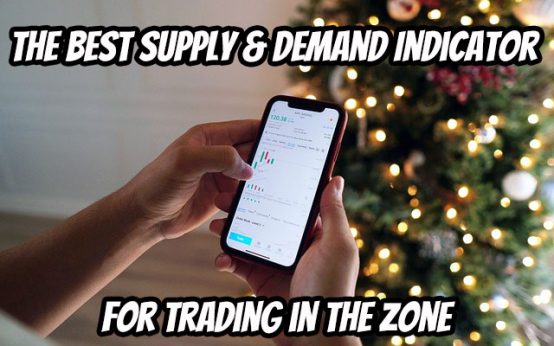 The Best Supply and Demand Indicator for Trading in the Zone
The Best Supply and Demand Indicator for Trading in the Zone 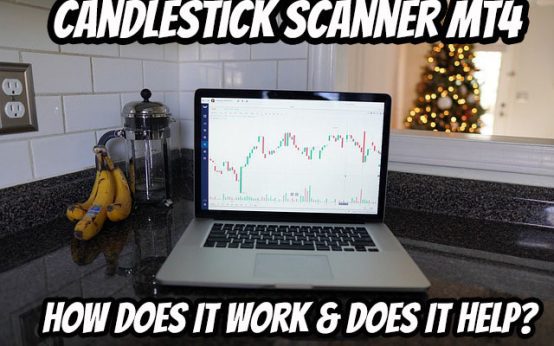 Candlestick Scanner MT4: How Does It Work & Does It Help?
Candlestick Scanner MT4: How Does It Work & Does It Help? 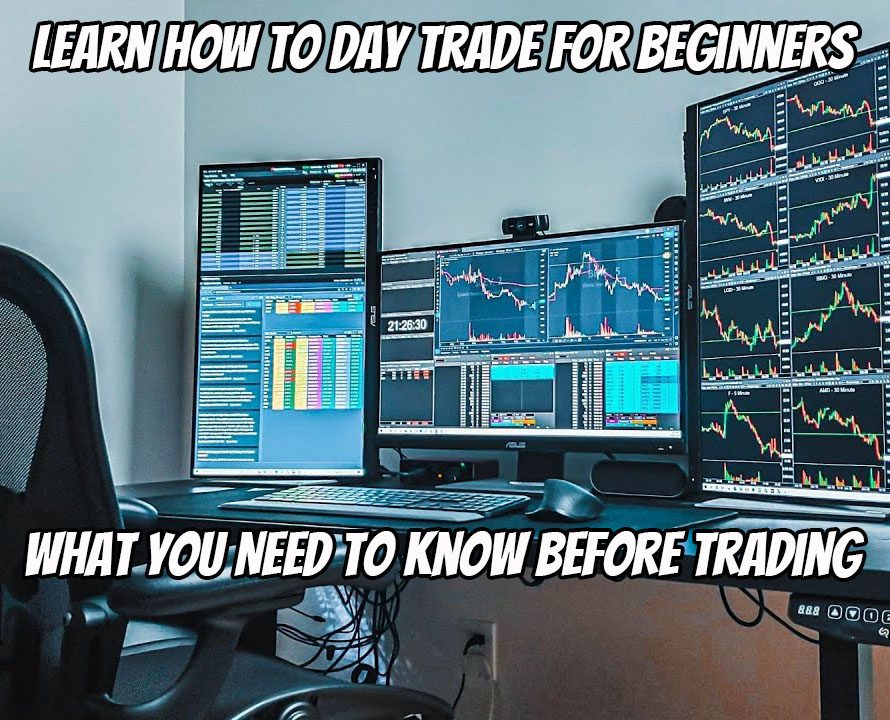 Learn How to Day Trade for Beginners – What You Need To Know Before Trading
Learn How to Day Trade for Beginners – What You Need To Know Before Trading 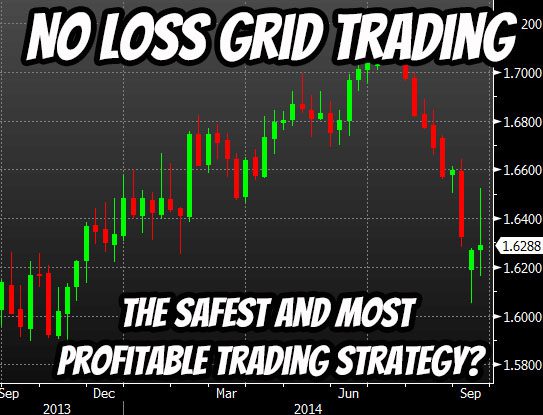 No Loss Grid Trading – The Safest and Most Profitable Trading Strategy?
No Loss Grid Trading – The Safest and Most Profitable Trading Strategy? 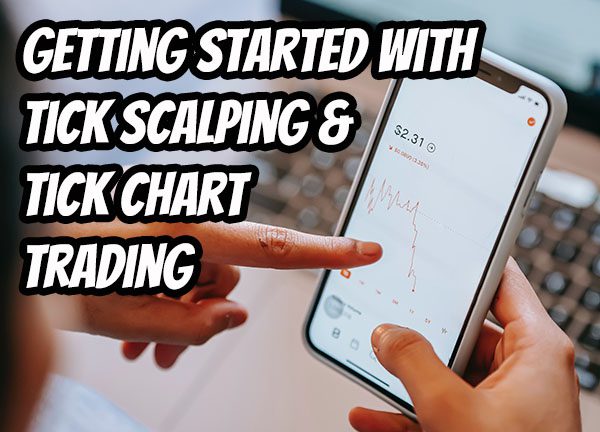 Getting Started With Tick Scalping & Tick Chart Trading
Getting Started With Tick Scalping & Tick Chart Trading  Shark Fin Trading Indicator: Here’s How to Discover This Harmonic Trading Pattern
Shark Fin Trading Indicator: Here’s How to Discover This Harmonic Trading Pattern